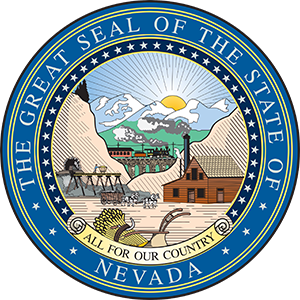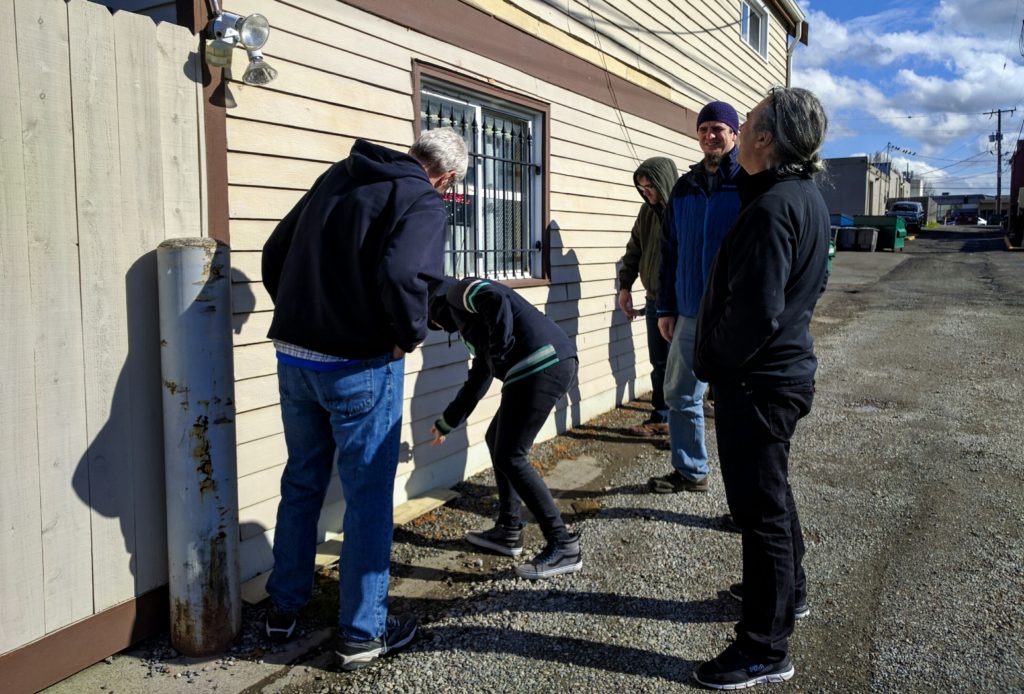Our extensive Home Inspection training will cover professional practices, including Standards of Practice, Business Practices, Legal Issues, Client Communications, and more. Start your new career by enrolling in our Nevada Fundamentals of Home Inspection program today!
The Fundamentals of Home Inspection program at the SCHOOL OF PROFESSIONAL HOME INSPECTION is one of the most rigorous programs in the country. Classes are live lectures and allow direct interaction with the students and teachers. Our classes give you the best chance for success in this rewarding career.
Your first step is to download the Nevada Real Estate Candidate Handbook
The SOPHI Certified Structural Inspection Pre-License Course is an online live lecture. Our class prepares you for the Nevada Inspector of Structures Exam. Nevada requires mentorship with Nevada-certified inspectors and shadowing them for 25 inspections.
The average salary for a home inspector in Nevada is over $67,000.
(as of 04/27/22 Source Salary.com)
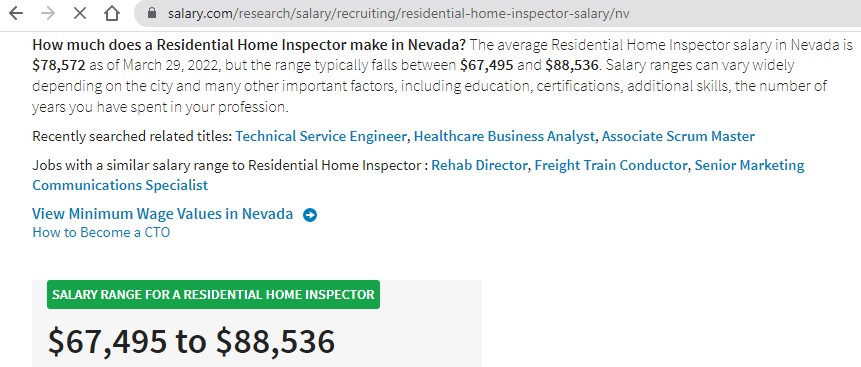
The cost for our Nevada Fundamentals of Home Inspection course is $2,500. This comprehensive course meets all state requirements, offering exceptional value. You’ll benefit from Zoom-based classes with live lectures, practical techniques, and instruction by experienced Home Inspection Professionals. By enrolling in this State-Certified course, you’ll be fully prepared for the Nevada Home Inspection Exam. Don’t miss this opportunity to succeed with us!
Standards of Conduct
645D.450 Conduct of inspection, partial inspection or reinspection; preparation of inspection report.
645D.460 Professional conduct.
645D.470 Prohibited acts.
Inspection of Structures
645D.480 Interior components.
645D.490 Built-in kitchen appliances.
645D.500 Insulation and ventilation systems.
645D.510 Plumbing systems.
645D.520 Electrical systems.
645D.530 Heating systems.
645D.540 Air-conditioning systems.
645D.550 Exterior components.
645D.560 Roofing components.
645D.570 Structural systems.
645D.580 Site of structure.
There are fourteen Technical Subjects including Structural Components, Exteriors, Roofing, Plumbing, Electrical Systems, and nine others.
The class wraps up with special subjects including Common Building Codes, Product Quality, Safety Issues, Environmental Conditions, Hazardous Materials, and a review of Inspection Tools tips and Techniques.
You can complete this intensive training program in just two weeks. We will prepare you for success in this lucrative career.
Do I need to study before?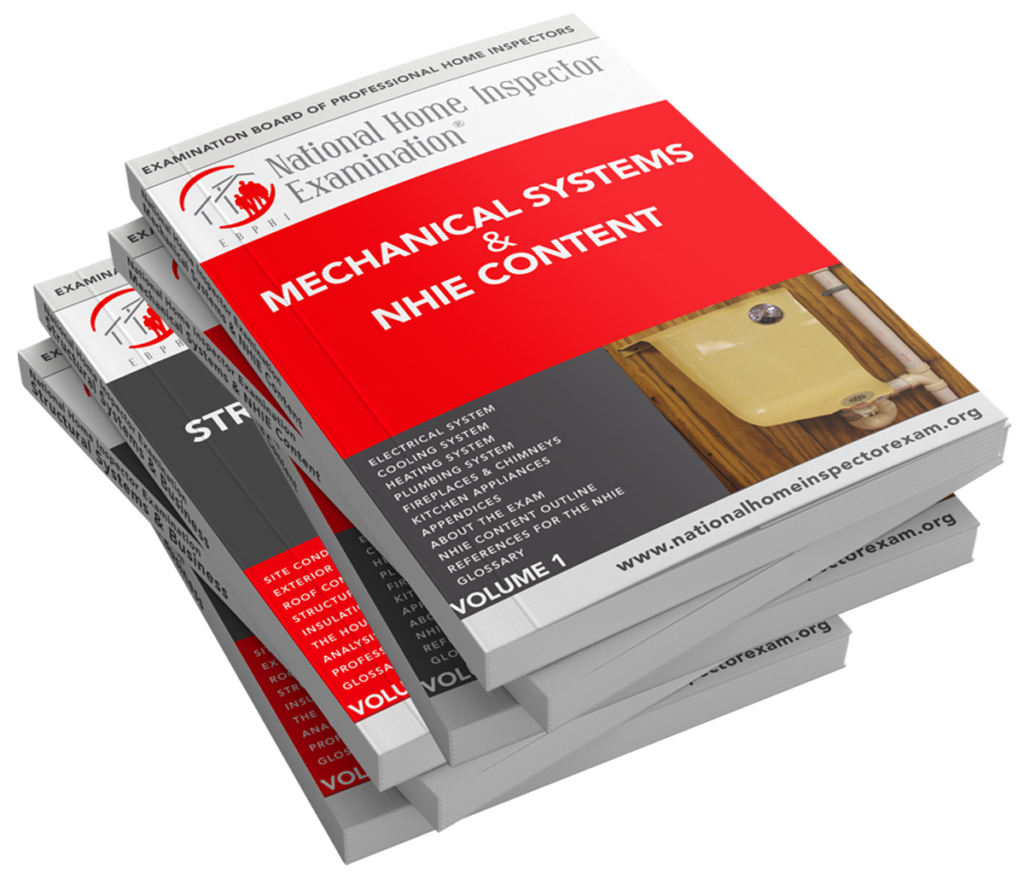
Get a head start on your learning by checking out our study guide. Although classes are conducted via Zoom, the code check series books will be delivered electronically after the class starts. Studying ahead will help you become more familiar with the materials and better prepared for the course.
There is an optional textbook available from NHIE, the print version is priced at $259.00. However, as a benefit to our paying students, you can purchase the E-book version for just $125.
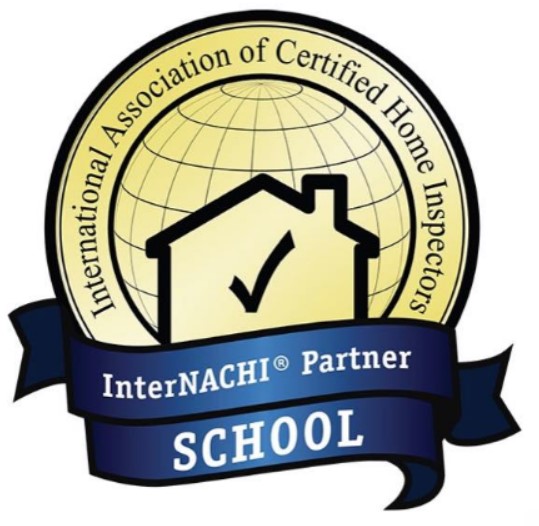
In the meantime, you may consider joining InterNACHI. There are lots of learning materials and sample tests that you can take to prepare yourself for the state exam. If you join here and use our school’s discount code “SOPHI1MO“ you will get a 1-month free membership.
You must go to nachi.org/trial and enter the code there to create a membership.
Be sure to check out our recommended tools in our Amazon store:
The minimum tools you will need include:
- high-quality respirators
- good flashlight
- camera
- moisture meter
- outlet tester
- minimal hand tools (screwdrivers, nut drivers, etc.)
- ladder
- safety gear, (eye protection, gloves, shin guards, jumpsuit)
- computer/software
- vehicle (think gas mileage)
During a particularly busy month, I spent $750 solely on fuel while using my original gas-hog van for inspections. However, when I switched to a more fuel-efficient vehicle and doubled my gas mileage, the savings covered the cost of the newer van. Consider the benefits of an efficient vehicle.
Other nice-to-have tools include:
- thermal camera (I like the Flir line of cameras)
- drone (DJI makes great drones)
- electrical multimeter (you can’t go wrong with an entry-level Fluke meter)
I would consider buying these later, but I love all of these tools.
While most inspectors work for themselves, there are opportunities to work with multi-inspector firms and franchises. Be sure to read any offer to work for another company very carefully. We recommend you have this offer reviewed by an attorney.
HUD
U.S. Department of Housing and Urban Development has several kinds of inspections. See the link above.
Sewer Scopes
This can be a lucrative business to run along with home inspections. It is an easy sell, I tell my clients that their sewer “is the most expensive thing I can’t see”.
Energy Audit
An energy audit is an inspection survey and an analysis of energy flows for energy conservation in a building. It may include a process or system to reduce the amount of energy input into the system without negatively affecting the output.
A home energy audit helps individual homeowners find out their residential consumption and energy flow. An audit is useful to determine areas of your home where there is energy loss and by identifying where power usage may be curbed to earn savings.
We are approved by the Veterans Affairs Administration as an eligible provider for Veteran education benefits. (GI bill)
